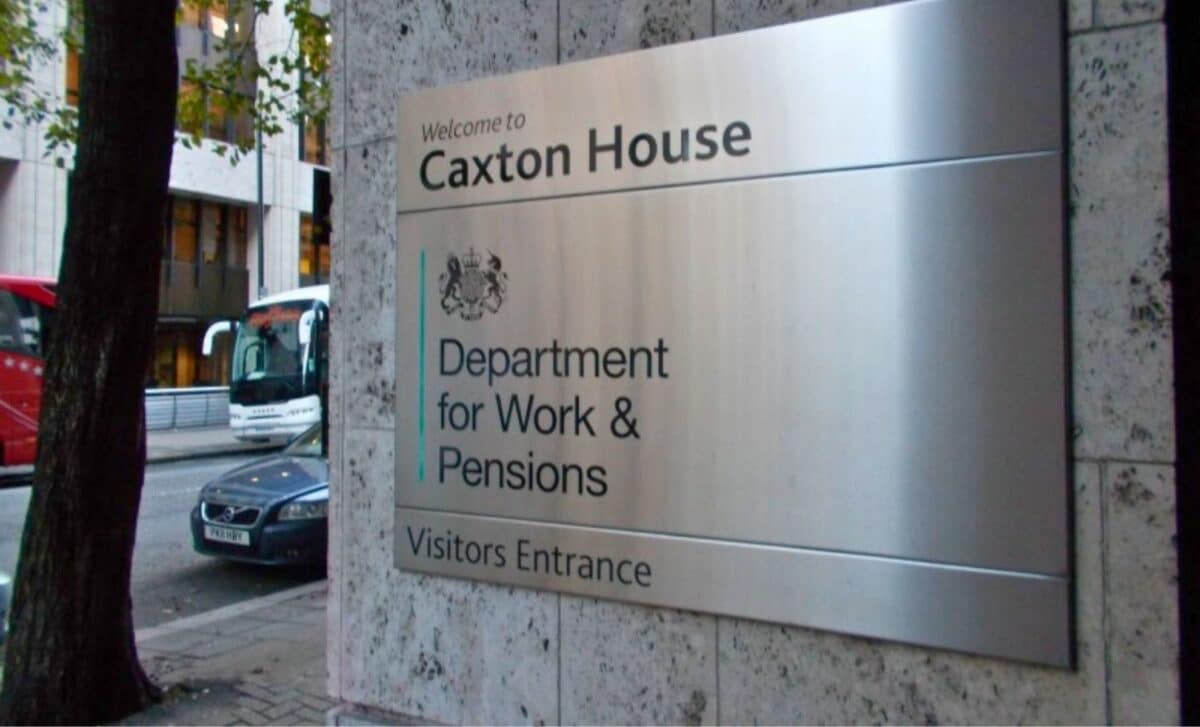The Department for Work and Pensions (DWP) has issued an urgent warning to claimants of State Pension, Universal Credit, PIP, and other benefits about fraudulent text scams attempting to steal personal and financial information. The surge in scams sees fraudsters impersonating the DWP to target vulnerable individuals, often requesting sensitive details through deceptive links or messages.
Claimants are being urged to remain vigilant, avoid clicking on unknown links, and report suspicious communications immediately. With millions of people relying on benefits, the DWP is taking steps to raise awareness and prevent further exploitation.
The Growing Threat Claimants Face
The growing sophistication of these scams has become a major concern. Fraudsters send messages that appear to come from the DWP, claiming that action is required to secure benefit payments or prevent interruptions. These messages often contain links to websites that mimic the official gov.uk domain but are instead controlled by cybercriminals.
A key feature of these scams is the use of urgent language to create panic and push recipients to act without verifying the source. Messages may falsely claim that claimants need to “confirm their details” or that their payments will be stopped unless they follow the provided link.
The DWP has strongly condemned these activities, reiterating its communication protocols. In a social media post, the department stated: “Be aware of scam text messages claiming to be from @dwpgovuk. Always be careful about links and never share personal or financial details, only engage with trusted official sources.”
Be aware of scam text messages claiming to be from @dwpgovuk
Always be careful about links and never share personal or financial details
Only engage with trusted official sources
You can report suspicious messages to @actionfrauduk or search https://t.co/2iQDtJ8bCD pic.twitter.com/yUhRmTtZJR
— Department for Work and Pensions (@DWPgovuk) November 15, 2024
The misuse of official branding and trust in government communications makes these scams particularly effective. With many claimants relying on benefits for essential living expenses, scammers exploit financial vulnerability to increase the likelihood of success.
How to Protect Yourself
To help claimants navigate these risks, the DWP has issued clear guidance on identifying and reporting fraudulent communications. Claimants are encouraged to follow these steps to safeguard their information:
- Verify the Source: If you receive a message claiming to be from the DWP, check the sender’s details and ensure it follows official communication guidelines. The DWP will never ask for sensitive personal or financial information via text or email.
- Avoid Clicking Suspicious Links: Fraudulent messages often contain links to fake websites. Instead of clicking, go directly to the official gov.uk website to verify the legitimacy of any requests.
- Report Fraudulent Activity: Forward suspicious text messages to 7726 and phishing emails to [email protected]. Reporting scams allows authorities to investigate and shut down malicious operations.
- Contact the DWP Directly: If you are unsure about a message, contact the DWP through their official helpline to confirm whether the communication is genuine.
These steps are critical in reducing the effectiveness of scams and ensuring claimants do not fall victim to fraud. Public awareness and caution remain the strongest defences against these deceptive tactics.
What the DWP Is Doing to Combat Scams
The DWP is actively working to reduce the risk posed by these scams through collaboration with cybersecurity agencies and law enforcement. The department is focused on raising awareness among claimants, providing detailed advice on how to identify fraudulent communications, and ensuring official messages are easily distinguishable from fake ones.
By issuing public warnings and improving transparency in its messaging practices, the DWP hopes to limit the number of claimants targeted by scammers. As noted in the Daily Record, the department is urging claimants to report any suspicious messages as soon as they are received. These reports allow the DWP to identify trends in fraudulent activity and respond proactively to emerging threats.
Additionally, the department is exploring technological solutions to detect and block fraudulent messages before they reach claimants. These measures, combined with public awareness campaigns, are part of a broader effort to protect vulnerable individuals who rely on benefits for their financial stability.









